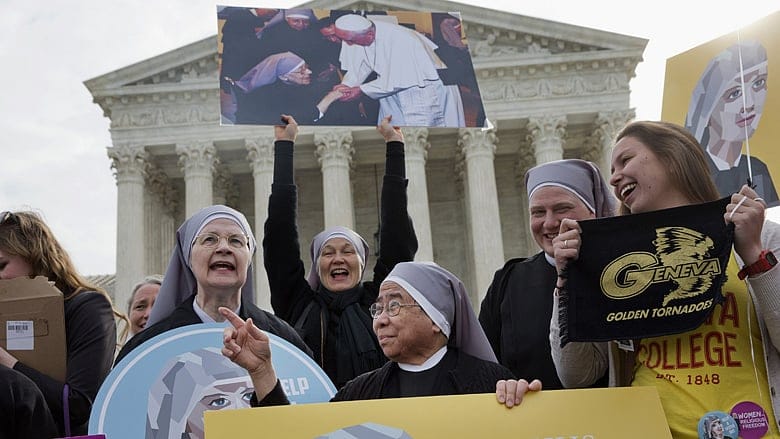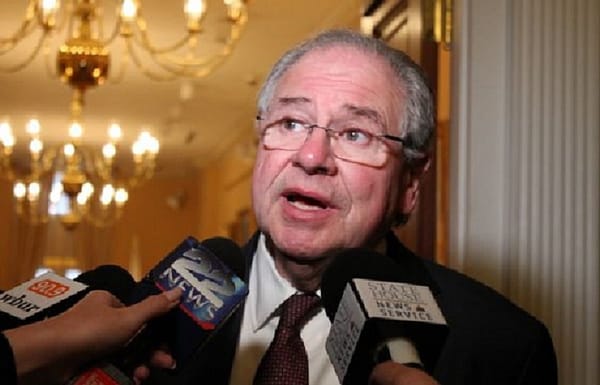Justices divided over Little Sisters case on contraception

WASHINGTON (AP) — In a new challenge to President Barack Obama's health care law, the Supreme Court appeared deeply and evenly divided Wednesday over the arrangement devised by the administration to spare faith-based groups from having to pay for birth control for women covered under their health plans.
Ninety minutes of crisp arguments and frequent interruptions by the justices indicated that the court seemed headed for a 4-4 tie that would leave the issue unresolved nationally. Or the court could hold a new round of arguments once a ninth justice is confirmed to take the place of Justice Antonin Scalia, who died last month.

